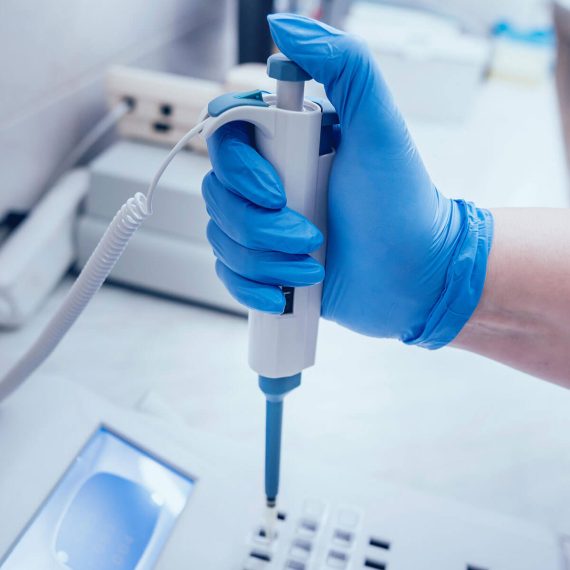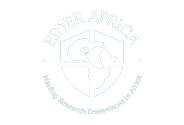FAQs
Frequently Asked Questions on Mentor SASA
Mentoring is a proven and powerful driver for career and personal development. Mentorship refers to the developmental relationship between a more experienced person and a less experienced partner.
Purpose of mentoring: It allows a senior scientist and other professionals to share his/her experience, scientific knowledge, and networks with the mentee. It provides the nurturing support that will allow the mentee to grow both within her field and at her place of work, encouraging his/her to build his/her career and increase her leadership potential in a socially responsible manner.
Purpose of mentoring: It allows a senior scientist and other professionals to share his/her experience, scientific knowledge, and networks with the mentee. It provides the nurturing support that will allow the mentee to grow both within her field and at her place of work, encouraging his/her to build his/her career and increase her leadership potential in a socially responsible manner.
Participation as a mentor is voluntary. Mentees provide a profile and the coordinator tries to find a mentor based on the mentee interests. The coordinator is constantly looking out for potential mentors who will be registered. Mentees are also encouraged to recommend potential mentors.
Some of the attributes of a good mentor: a good reputation and recognition in their field of expertise in-depth knowledge of a mentee’s area of work and/or interest interpersonal coaching and leadership skills a commitment to mentoring others empathy, the ability to connect/listen.
Once the pairs have been matched, the mentor and mentee will meet the coordinator / there will be a group session with others to launch. This will provide an opportunity to ask more questions and provide clarifications.
Once the one year is lapsed mentors and mentees will attended a final review workshop to give feedback, report achievements and bring the program to a close. Mentees will receive a certificate of participation. Mentors a certificate of appreciation. Mentees can join a journal club of their choice.
Mentees are mentored for one year.
Both men and women can serve as mentors. It is up to the mentee to indicate their preferences.
Based on the information provided by mentees and potential mentors, the coordinating team will try and pair a mentee to a mentor. Both mentees and mentors will be asked to comment on the match, and if one of the two is not entirely happy, the Coordinator will suggest a different match. It is important that both partners in this relationship are comfortable with each other.
The mentorship will be co-financed by Eider Africa and the mentees participating in the program. The mentees will pay a subsided fee of Ksh 8000 for the one year mentorship program. This will mainly cover workshop costs (inception and end).
Mentors benefit through:
An expanded network
Exposure to new ideas and methods from mentees
A deepened understanding of issues affecting the mentee
The opportunity to develop and practice a more personal leadership style
Enhanced skills in mentoring, listening, and role modeling
Additional recognition and respect by colleagues and those in leadership
The personal satisfaction of directly contributing to the development of Africa’s talent pool
An expanded network
Exposure to new ideas and methods from mentees
A deepened understanding of issues affecting the mentee
The opportunity to develop and practice a more personal leadership style
Enhanced skills in mentoring, listening, and role modeling
Additional recognition and respect by colleagues and those in leadership
The personal satisfaction of directly contributing to the development of Africa’s talent pool
It is recommended that they meet a minimum of once a month for a period of one to two hours. Meetings may be held more often as required.
International practice reveals interesting lessons on this issue. Meetings should be held in a neutral place, such as a park, café, or meeting room. Due to potential distractions and/or interruptions, it is important to avoid meeting in the office of the mentor, except in unavoidable circumstances.
It can happen that two people may not “click”. For this reason it is essential that each mentoring pair come to an agreement at the beginning about how they will deal with “chemistry” problems so that there will be no hard feelings if it doesn’t work out.
Yes! When managed properly it can be very effective in helping scientists develop their careers. It can also be satisfying for the mentor.
Yes. Your mentor should be someone who can support your career development in holistic terms.
Typical problems include scheduling conflicts, unclear expectations, unclear goals, and overstepping professional boundaries. Defining expectations and modes of conflict resolution and setting schedules together at the beginning is crucial to avoiding problems later. Keeping journals up to date also helps to keep a mentoring relationship productive and rewarding for both sides.

How do I make payments?
Account No: 1450270287960, Account name: Eider Africa Limited. Bank: Equity Bank
Branch: Hurlingham.
or
Lipa na MPESA: Till Number – 808749. Recipient: Eider Africa Limited.
For more information, contact:
Aurelia M. Munene
Eider Africa Limited
Tel: 0777363571
Email: [email protected]
Branch: Hurlingham.
or
Lipa na MPESA: Till Number – 808749. Recipient: Eider Africa Limited.
For more information, contact:
Aurelia M. Munene
Eider Africa Limited
Tel: 0777363571
Email: [email protected]
"We believe in co- developing mentorship processes that are well analyzed, competence focused, mentee centered and are continually adapted to our fluid innovation context. We understand that we cannot do this alone, we invite other practitioners and interested persons to work with us to co-create transformative environments that enable emerging scholars to thrive."

Aurelia
Founder

Join Our Club
Our journal club is a space where emerging, mid career and seasoned researchers come together to grow their research skills

Quick Contact
If you have any questions or need help, feel free to contact with our team.
Send Us Email:
Call Us Today:
©2022 Eider Africa, All Rights Reserved. With Love by Ellixar



